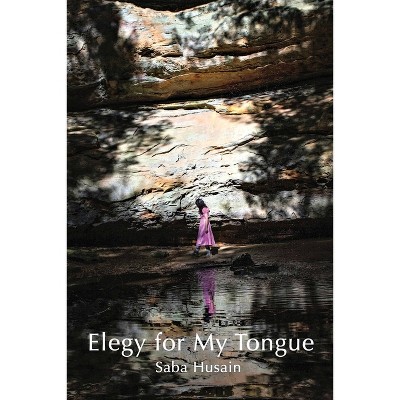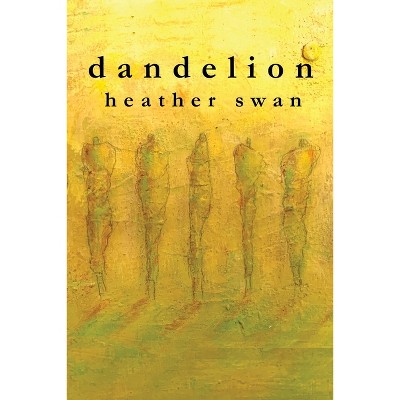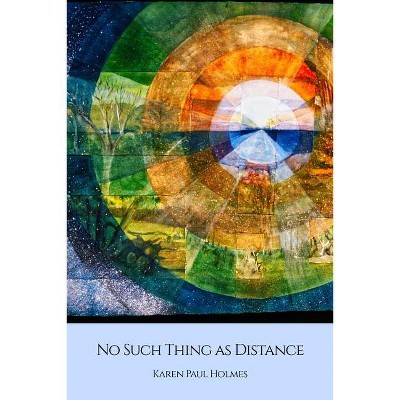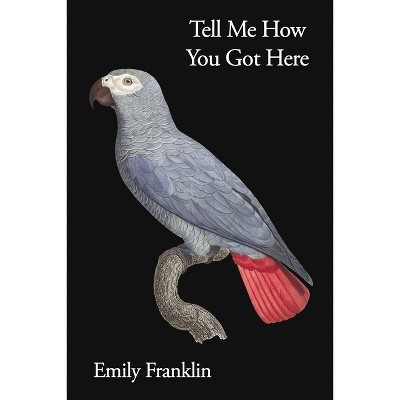About this item
Highlights
- Sarah Wetzel's vulnerable and intimate lyrical gestures inhabit the delicate space between this world and the world to come, between one century, one moment, and the next.
- Author(s): Sarah Wetzel
- 116 Pages
- Poetry, American
Description
About the Book
This is a memoir of a woman who moves through art as through the world, who moves through the world as through an ever changeful museum of art. She demonstrates again and again that we are never alone, even after deaths and divorce, even before the mirror of our most radiantly broken self.Book Synopsis
Sarah Wetzel's vulnerable and intimate lyrical gestures inhabit the delicate space between this world and the world to come, between one century, one moment, and the next. Their verbs gather ghostly bodies in Rome and Tuscany, in Georgia and New York; every object they encounter becomes a sacred door. This is a memoir of a woman who moves through art as through the world, who moves through the world as through an ever changeful museum of art. She demonstrates again and again that we are never alone, even after deaths and divorce, even before the mirror of our most radiantly broken self.
--Marcela Sulak
Review Quotes
Sarah Wetzel's The Davids Inside Davidis a lyrical tour de force. Her female gaze reinvigorates the practice of ekphrasis not by merely looking and musing but by allowing a work of art to swirl and eddy with the lives of others who gather around. What is real and what is fake? In her best book to date, love and death get tested for their mettle in the forge of her fierce beholding.
--Timothy Liu
Within every poem in Sarah Wetzel's new collection, we find fractals of little truths, each urging us to a sense of things having passed, a sense that they are still here with us, and that we must hold this knowing in a negative capability without relying on reason or logic, accusation or forgetting. Smaller things comprise the large, Christ's skin glowing "like the inside of a goblet," but there are large things, too, to be found in the small, as the speaker passes through each sacred portal, each poem a holy door. This voice claims to want nothing from the poem but to have the whole world rush forth with each rendering. This is a masterful book, a beautiful book, written by a poet who has found her subject in the ruins and the artifacts of an eternal city, and who has made that city her own.
--David Keplinger












